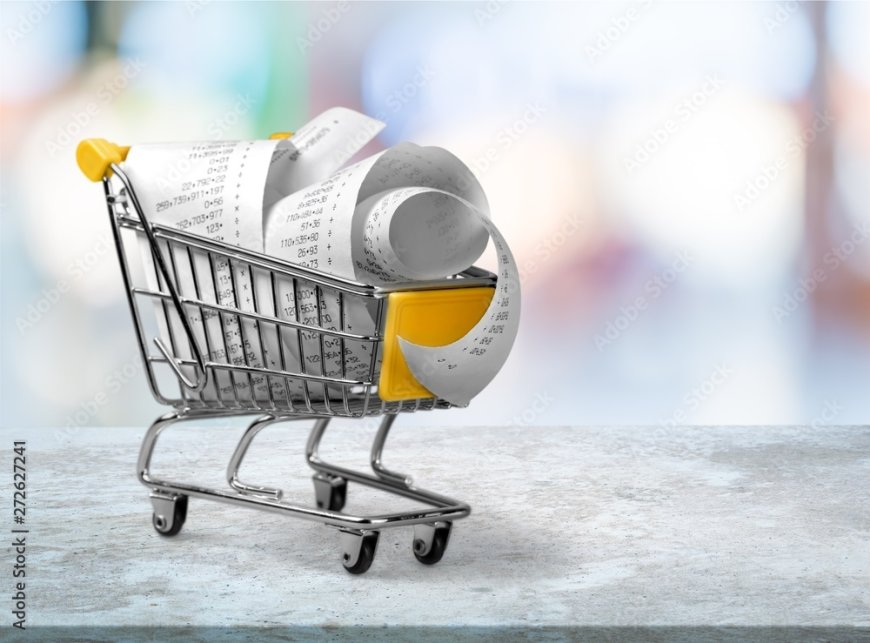The Rise of Experience-Driven Consumption: Why People Value Experiences Over Possessions

In an era where material possessions are more accessible than ever, a significant shift is occurring in consumer behavior. People are moving away from the traditional emphasis on acquiring products and instead prioritizing meaningful experiences. This phenomenon, known as experience-driven consumption, is reshaping industries and influencing marketing strategies worldwide.
What Is Experience-Driven Consumption?
Experience-driven consumption refers to the trend where consumers prefer investing in experiences—such as travel, dining, entertainment, and personal development—over tangible goods. The shift is driven by a desire for fulfillment, personal growth, and social connection rather than mere ownership of products.
Why Are Experiences More Valuable Than Material Goods?
Several psychological and social factors contribute to the rise of experience-driven consumption:
1. Experiences Create Lasting Memories
Unlike material goods, which can lose their novelty over time, experiences become part of a person's identity. People cherish memories of a fantastic vacation, a concert with friends, or a cooking class far longer than they value a new gadget.
2. Experiences Foster Social Connections
Sharing experiences strengthens relationships. Whether it’s attending a music festival, going on a group adventure, or participating in a cultural event, experiences create bonds that material possessions simply can’t.
3. Experiences Contribute to Personal Growth
Many experiences challenge individuals to step out of their comfort zones, learn new skills, or gain fresh perspectives. Traveling to a new country, trying an extreme sport, or attending a leadership seminar can be transformative.
4. Experiences Are Harder to Compare and Devalue
While material possessions can easily be compared, leading to dissatisfaction, experiences are unique and personal. No two vacations or live performances are exactly alike, making them less prone to buyer’s remorse.
The Impact on Industries
The rise of experience-driven consumption is influencing several sectors:
1. Travel and Hospitality
Consumers are prioritizing unique travel experiences, such as eco-tourism, adventure travel, and immersive cultural activities, over traditional sightseeing.
2. Entertainment and Events
Live concerts, theater performances, and experiential events (e.g., escape rooms, pop-up exhibits) are thriving as people seek real-world engagement.
3. Food and Beverage
Dining has transformed into an experience, with interactive restaurants, food festivals, and farm-to-table dining gaining popularity.
4. Education and Personal Development
Workshops, retreats, and online courses focusing on self-improvement, mindfulness, and skill-building are increasingly in demand.
How Brands Can Adapt to Experience-Driven Consumers
Businesses must rethink their strategies to align with this consumer shift. Here’s how:
1. Create Immersive Experiences
Brands should go beyond selling products and offer engaging experiences. For example, retailers can host in-store events, and travel agencies can provide curated, personalized itineraries.
2. Leverage Social Media and Storytelling
Since experiences are highly shareable, brands should encourage user-generated content, testimonials, and visually appealing storytelling.
3. Focus on Personalization
Consumers crave unique and tailored experiences. Companies should use data-driven insights to offer customized services and recommendations.
4. Build a Community Around Experiences
Fostering a community where customers can share their experiences enhances brand loyalty. This can be done through exclusive memberships, interactive online platforms, or live events.
Conclusion
Experience-driven consumption is more than a passing trend—it’s a fundamental shift in how people perceive value. As consumers increasingly prioritize memorable, fulfilling experiences over material possessions, businesses must adapt by offering compelling, immersive, and shareable experiences. Those who successfully tap into this shift will not only attract customers but also build lasting emotional connections with them.
What's Your Reaction?
 Like
0
Like
0
 Dislike
0
Dislike
0
 Love
0
Love
0
 Funny
0
Funny
0
 Angry
0
Angry
0
 Sad
0
Sad
0
 Wow
0
Wow
0



















































